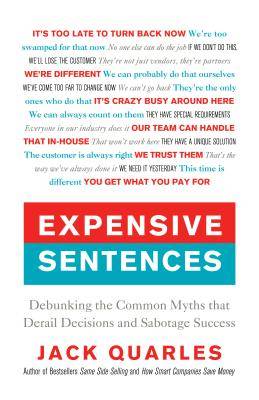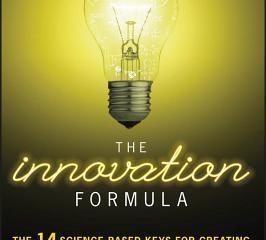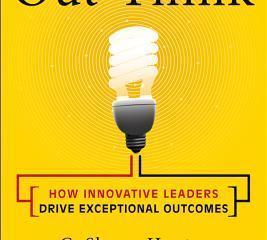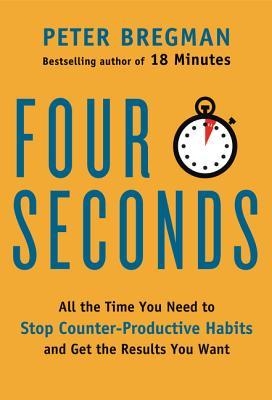
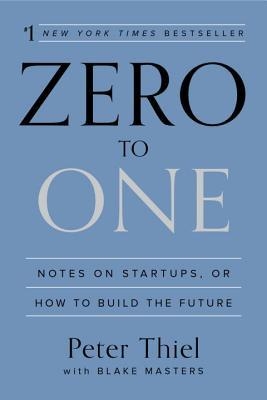
“Zero to One: Notes on Startups, or How to Build the Future” by Peter Thiel with Blake Masters (Crown Business, $27).
Is following a trail easier than breaking trail? If you’re hiking, most people would agree. If you’re in business, Thiel, a co-founder of PayPal, would not.
Following other businesses has risks: You’re just another face in the crowd trying to create elbow room. By providing more of what’s familiar, it’s difficult to add enough value that distinguishes your business from those that came before. You’re perpetually climbing a competitive hill.
While breaking trail may be riskier, the payoff for creating something new offsets the risk. He points to Henry Ford, Bill Gates, Steve Jobs, Mark Zuckerberg, Richard Branson, Elon Musk et al who created not only businesses, but founded industries. They weren’t just entrepreneurs; they were visionaries who made vision real, which added value to the lives of many.
They didn’t wake up one morning with a Big Idea. They did it by answering two questions: 1. “What valuable company is nobody building?” and 2. “If I build it, will they (i.e. investors, customers) come?”
Their answers used technology as a means to create new things. Their ideas were viewed with skepticism — until they weren’t.
They understood the “Power Law”: Entrepreneurs cannot diversify their own lives by keeping equally possible careers as fallbacks.
They were all-in, building on what they were good at and keeping an eye on its future value. They knew that you need a full-time team that knows each other and works together (i.e. shared vested interests) to achieve the organizational vision.
This doesn’t mean congruent thinking. Rather, it means the team constantly questions “how” in light of a business world that lives in dog years.
Key takeaway: “A startup is the largest group of people you can convince of a plan to build a different future. A new company’s most important strength is new thinking.”
“Four Seconds – All the Time You Need to Stop Counter-Productive Habits and Get the Results You Want” by Peter Bregman (Harper One, $25.99).
Habits, past behavior and goals shape the way we react to situations. Often one’s reactions to situations result in actions that leave egg on one’s face. Why? We forget about the context of the situation and other(s) involved. Bregman’s four-second approach to changing the way we interact seems simple and straightforward: Pause, take a deep breath, think and connect.
It’s easier said than done. In moments of pique, emotions often put us on knee-jerk autopilot. Responding without pausing to think a few seconds can create conflict that takes time to address.
How do you create your four-second habit? Start each day with at least five minutes of meditation. I use the alarm on my smartphone as a timer. I sit silent and focused solely on breathing — two seconds in, two seconds out.
“Every time you have a thought, notice it and bring yourself back to your breath.”
The first few times you try it, five minutes will feel like forever.
Bregman also advises shifting one’s thinking from goal-setting to focus-setting. As outcomes, goals deal with the future. Areas of focus deal with the present (i.e. achieving the goal).
Example: Salesman’s goal, deals closed; Salesman’s focus, contacting more prospects, which should result in closing more deals. By focusing on what must be done, you stay on task.
Bregman also advises against arguing because emotions will dominate the conversation.
Instead, he counsels sitting quietly and listening intently to the other party’s point(s) and saying, “Thanks for sharing your perspective; it gives me something to think about.” You’re not agreeing or disagreeing; you’re collecting data.
The bottom line: You control your reactions and actions.
Jim Pawlak is a nationally syndicated reviewer of business books.

